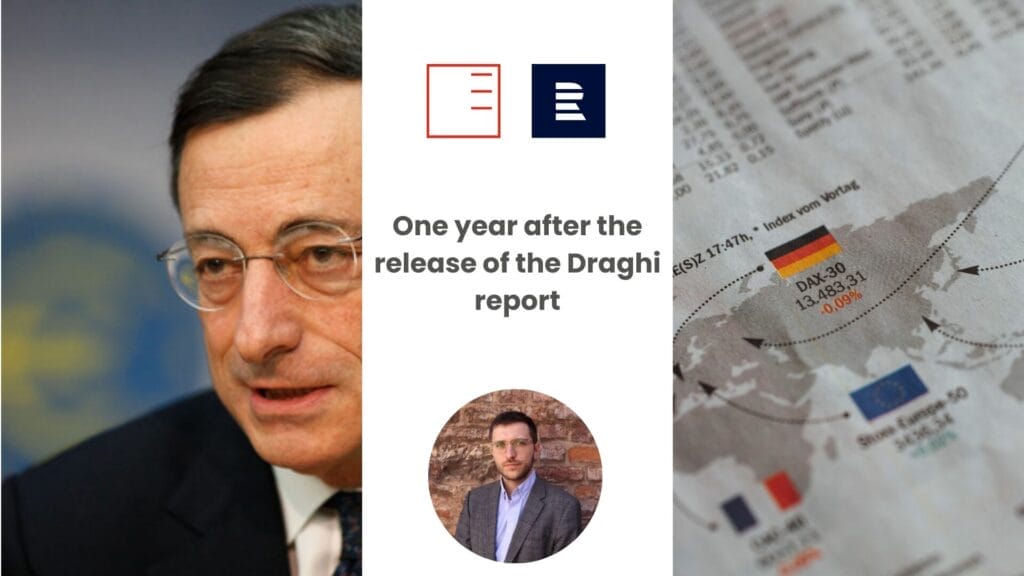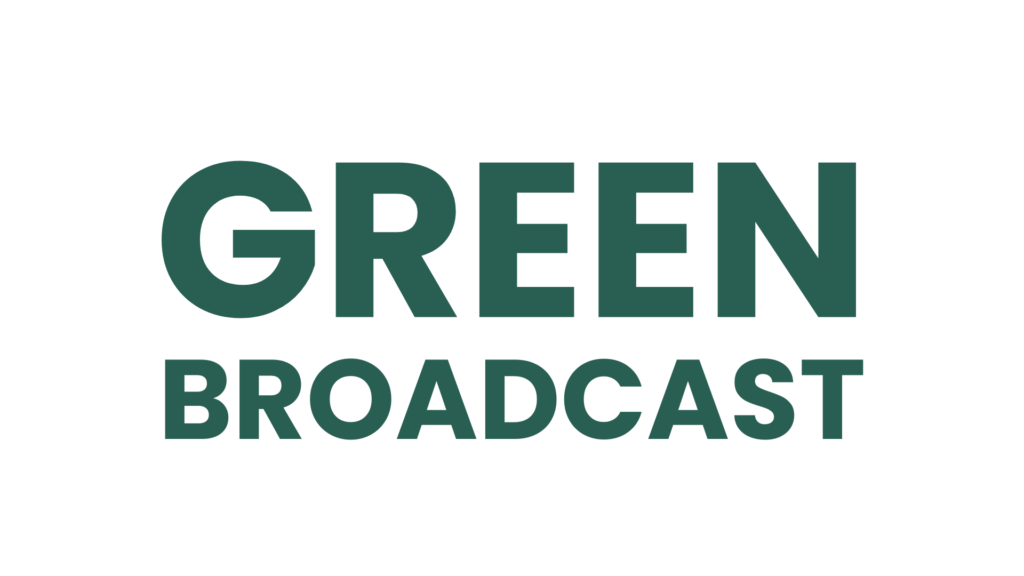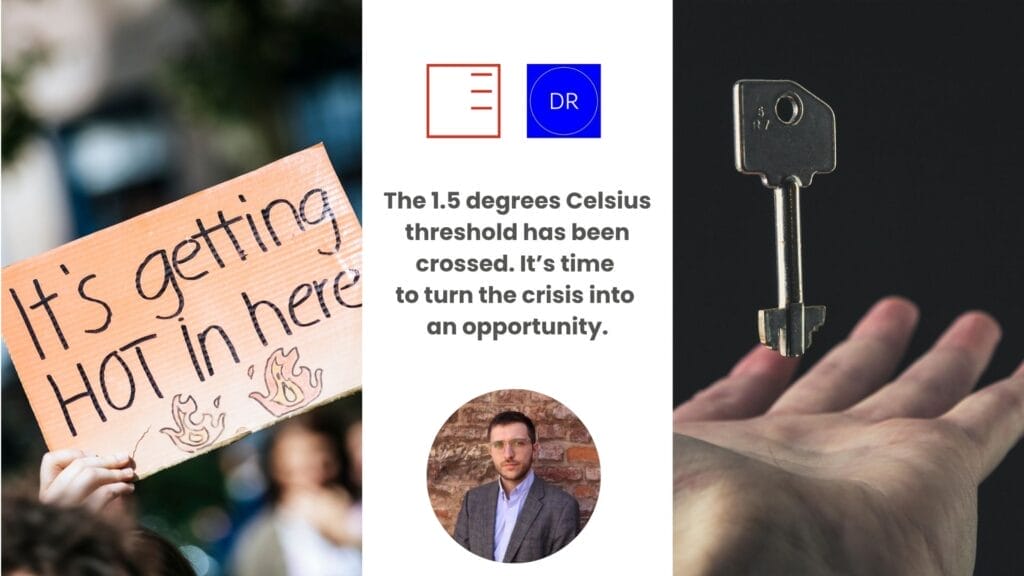
Český rozhlas | One year after the release of the Draghi report
More info 8. 9. 2025
8. 9. 2025
Tomorrow marks exactly one year since the release of the Draghi report, in which the former head of the European Central Bank detailed the profound economic problems facing the European Union. He also outlined a roadmap for restarting the competitiveness of the member states. Filip Křenek, an analyst at the EUROPEUM Institute, commented on the Draghi report.

Green Broadcast
More info 31. 8. 2025
31. 8. 2025
The project Green Broadcast was launched on 1 January 2025 and will be ongoing until 31 August 2025.

Policy Paper | Czechia and the Priorities of the Next Multiannual Financial Framework 2028-2034
More info 23. 7. 2025
23. 7. 2025
On 16 July 2025, the European Commission presented its proposal for the next Multiannual Financial Framework (MFF) for the period 2028–2034, launching a process that will likely lead to lengthy negotiations between EU institutions and could last until the end of 2027. This policy paper by Filip Křenek (EUROPEUM) and Josef Bič (VŠE) analyses the discussions that preceded the proposal’s publication, highlights key elements expected in the upcoming MFF, and outlines the compromises policymakers will have to navigate during the negotiations. At the same time, the analysis offers specific recommendations for both Czech and European policymakers, taking into account the specific context of the Czech Republic as well as broader European dynamics.

STVR | EU budget proposal
More info 16. 7. 2025
16. 7. 2025
The European Commission has proposed a new budget to ensure a more efficient use of EU funds. Filip Křenek, an analyst at the EUROPEUM Institute for European Policy, commented on the situation for STVR.

TN.cz | The European Union wants to significantly simplify the budget, says analyst Filip Křenek
More info 16. 7. 2025
16. 7. 2025
The aim of the European Union’s financial framework for the next period is to trim down the largest spending items in order to free up funds for new priorities. What has caused the increase in the EU budget? Which sectors is the European Union planning to invest in the most? And what about farmers? These and other questions from moderator David Chmátal were answered by Filip Křenek, analyst at EUROPEUM.

CNN Prima News | Commission passes no-confidence vote, but dependence on Social Democrats may grow
More info 11. 7. 2025
11. 7. 2025
The European Commission, led by Ursula von der Leyen, has survived a vote of no-confidence triggered mainly by far-right MEPs over the Pfizer affair. Although the key majority in Parliament remains, the balance of power is changing and the Commission may be more dependent on the conditional support of left-wing factions in the future. Filip Křenek, an analyst at the EUROPEUM Institute, comments on the situation for CNN Prima News.

TV Nova | The vote showed that there is still a majority standing by the Commission
More info 11. 7. 2025
11. 7. 2025
The European Commission faced a vote of no confidence after President Ursula von der Leyen refused to disclose text messages exchanged with the Pfizer CEO during the pandemic. The motion to dismiss the Commission, initiated mainly by right-wing MEPs, ultimately failed. However, it highlighted the Commission's weaker support on the right wing of the European Parliament. Analyst Filip Křenek from the EUROPEUM Institute commented on the situation for TV Nova.

ČT | Vote of No Confidence in von der Leyen and Her European Commission
More info 10. 7. 2025
10. 7. 2025
The vote of no confidence in Ursula von der Leyen and her European Commission was commented on for ČT Studio 6 by Filip Křenek, an analyst at the Institute for European Policy EUROPEUM.

Euractiv | Dekarbo brief: three lessons from Friday's blackout
More info 8. 7. 2025
8. 7. 2025
The European Union has introduced a new state aid framework called the Clean Industry State Aid Framework (CISAF), aimed at boosting investment in clean technologies and accelerating the decarbonisation of European industry. Filip Křenek, an analyst at the EUROPEUM Institute, outlined the details of the new CISAF framework for the Euractiv portal.

Deník Referendum | The 1.5 degrees Celsius threshold has been crossed. Now it’s time to turn the crisis into an opportunity.
More info 7. 7. 2025
7. 7. 2025
The Czech Republic is among the countries best prepared for the green transition, although it lags behind in the adoption of clean technologies itself. Analyst Filip Křenek from the EUROPEUM Institute commented on this for Deník Referendum.

Balkan Insight | Central European Leaders Caught in the Headlights as Car Industry Faces Huge US Tariffs
More info 17. 6. 2025
17. 6. 2025
With the July 9 deadline looming, the EU is working flat out to negotiate a trade deal with the US. Yet reactions from those expected to be among the hardest hit – Slovakia, Hungary and Czechia – have been muted, confused and often unhelpful.
Filip Křenek, an analyst at Institute for European Policy EUROPEUM, commented on the situation for Balkan Insight.

Ekonomický deník | The European Commission has extended the list of banned airlines. Tanzania and Suriname added
More info 16. 6. 2025
16. 6. 2025
The European Commission has extended the list of air carriers banned from operating in EU countries. The new list includes all airlines certified in Tanzania and Suriname due to serious and systemic deficiencies in aviation oversight there. Although the measure does not directly affect the Czech Republic, it may affect some Czech passengers, with the risk of cancelled or rerouted flights. Filip Křenek, an analyst at EUROPEUM Institute, commented for Ekonomický deník.